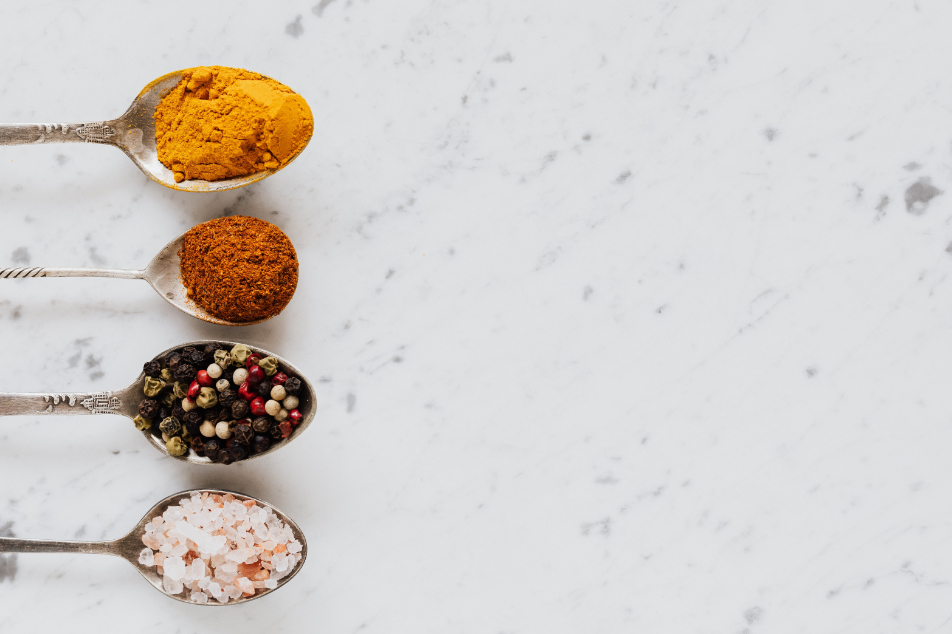
The Herb That’s So Magical, It’s Said to Have Healing Powers (But Don’t Quote Me on That)
Basil is a popular herb that is enjoyed by people all over the world. It is known for its sweet, licorice flavor and its versatility. However, basil can also be a bit of a trickster. It can be delicious, but it can also be quite expensive. It can be healthy, but it can also be high in calories. It can even be a bit of a mess to grow, especially if you’re not careful. So next time you’re enjoying a plate of pasta with pesto, just be aware that it’s an herb with a bit of a personality.
Basil is an herb that is native to tropical Asia, but it is now grown all over the world. It is a member of the mint family, and it is closely related to oregano, thyme, and rosemary. Basil has a strong, sweet flavor that is often used to flavor Italian food.
There are many different varieties of basil, each with its own unique flavor and aroma. Some popular varieties of basil include:
- Sweet basil: This is the most common variety of basil, and it has a sweet, licorice flavor.
- Thai basil: This variety has a more pungent flavor than sweet basil, and it is often used in Thai cuisine.
- Genovese basil: This variety is known for its strong, flavorful leaves. It is often used in pesto.
- Lemon basil: This variety has a lemony flavor and is often used in salads and desserts.
- Purple basil: This variety has purple leaves and a slightly sweeter flavor than green basil.
Basil can be eaten fresh, dried, or frozen. It is a popular ingredient in many dishes, including pasta sauces, salads, and sandwiches. Basil can also be used to make pesto, a popular Italian sauce.
Basil is a good source of vitamins C and K, as well as potassium. It also contains antioxidants, which can help protect the body from damage.
Here are some additional facts about basil:
- Basil (known as Tulsi) is considered sacred in Hindu culture in India
- Basil is a popular herb in Italian cuisine.
- Basil is a good source of vitamins C and K.
- Basil contains antioxidants, which can help protect the body from damage.
- Basil can be used fresh, dried, or frozen.
- Basil is a versatile herb that can be used in many different dishes.
Benefits
-
Protects DNA
-
Has antibacterial properties
-
Has anti –inflammatory properties
-
Improves cardiovascular health.
-
Has adaptogenic property. Source: http://www.care2.com/greenliving/4-unexpected-health-benefits-of-basil.html
-
Has anti – cancer properties.
-
Has hypoglycemic effect.
-
Has anti – ulcer properties. Source: http://www.drugs.com/npp/holy-basil.html
Interactions of basil:
-
Interacts with anti- coagulants and NSAIDs and increase the risk of bleeding.
-
Ursolic acid isolated from basil can protect again adriamycin induced lipid peroxidation.
-
Can interact with drugs metabolized by cytochrome P 450 enzyme system.
-
Can reduce the amnesic effect of diazepam and scopolamine.
-
May interact with pentobarbital.
-
Can interact with anti-diabetic medications
-
Can interact with statins and cholesterol lowering medications.
-
Can interact with garlic, saw palmetto and ginkgo biloba
-
Can interact with cholesterol lowering agents such as red yeast rice. Source: http://www.healthline.com/natstandardcontent/holy-basil#2
-
Basil can lower elevated cortisol levels. Source: http://www.livestrong.com/article/383155-the-dangers-of-holy-basil-for-weight-loss/
-
Holy basil can have anti-spermatogenic and anti- fertility effect. Source: http://www.livingnaturally.com/ns/DisplayMonograph.asp?storeID=A0DD6E45F03A4BD78C10790DCF9FC1A7&DocID=bottomline-holybasil
-
Found to be radio – protective.
-
Studies show inhibition of genotoxicity.
-
Inhibits transcriptional expression of genes.
-
Has immuno – modulatory effect.
-
Fights clinical isolates of Neisseria gonorrhea. Source: http://www.ncbi.nlm.nih.gov/pmc/articles/PMC3249909/
-
Basil has goitrogenic activity. Source: http://drsaulmarcus.com/thyroid/20_best_foods_graves.html
Health conditions to avoid basil
-
Must be avoided by people on anti – diabetic medications.
-
Must be avoided by people with bleeding disorders.
-
Must be avoided by pregnant and lactating mothers.
-
Must be used with caution by people on cholesterol lowering medications.
-
People with known allergy to basil should avoid it. Source: http://www.livingnaturally.com/ns/DisplayMonograph.asp?storeID=A0DD6E45F03A4BD78C10790DCF9FC1A7&DocID=bottomline-holybasil
Photo by monicore: https://www.pexels.com/photo/green-leaf-plant-on-brown-wooden-surface-1087902/
NOTE: The information on this website is for educational purposes only and is not intended to replace the advice of a qualified medical professional. If you have any questions or concerns about your health, please consult a doctor. We do not endorse any specific products or treatments, and we do not claim to cure or treat any medical conditions. The information on this website is based on our own research and experience, and we cannot guarantee its accuracy or completeness. View the full disclaimer here


